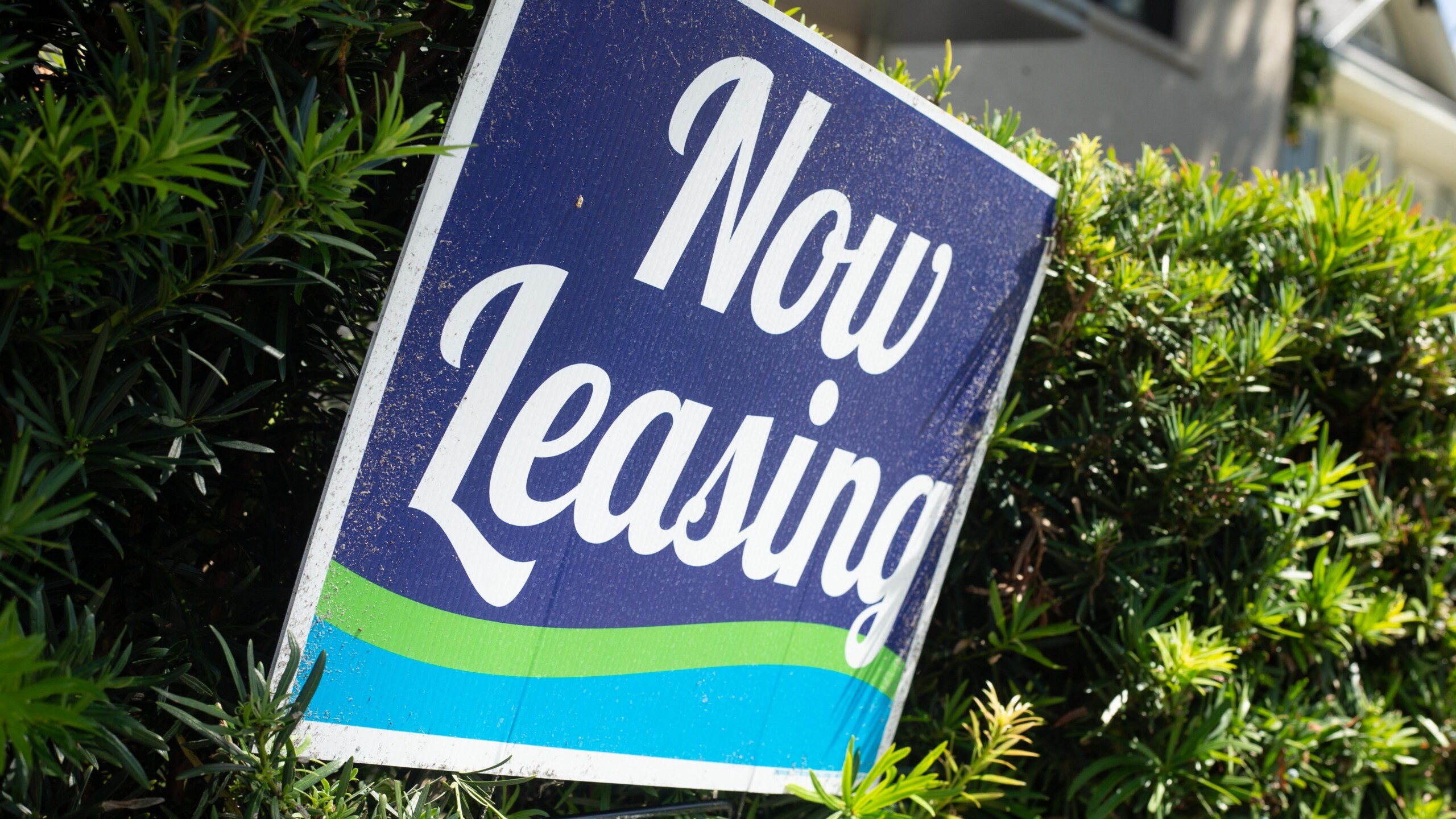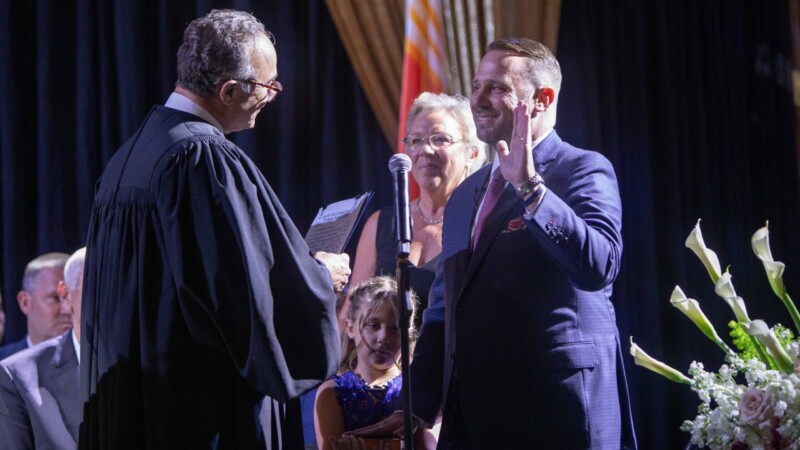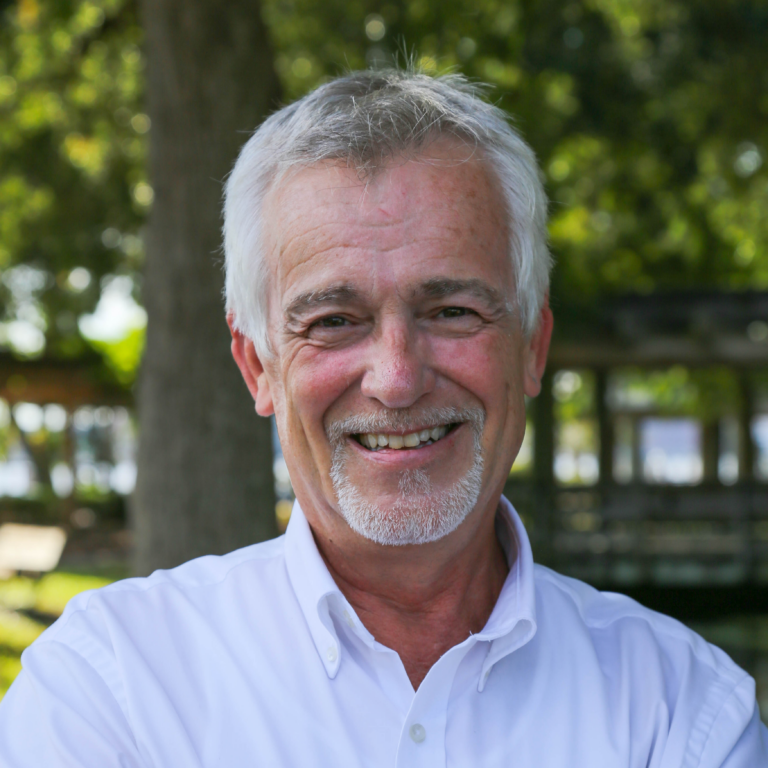Rent increases have slowed considerably in Northeast Florida, but the price for an apartment is still higher than it should be.
Rent in Jacksonville has increased an average of 1.31% in the past year, the smallest increase in Florida aside from Orlando, where rent increased by 1.10%, according to a new study from Florida Atlantic University.
Jacksonville’s rents also increased slower than the national average, which was 3.25%.
Rent increases have for the most part returned to normal in Florida, the study said. Rent usually increases by 3% to 5% in a typical year, said Ken H. Johnson, real estate economist with FAU’s College of Business.
Still, Johnson and his colleagues — Shelton Weeks of Florida Gulf Coast University and Bernie Waller of the University of Alabama — found that prices remain too high. The typical renter may have trouble finding a home because incomes have not kept pace with rising rents, the researchers said.
In Miami, for example, the typical household needs a salary of $111,914 to avoid being house poor, or paying more than 30% of their income to rent. In Jacksonville, the figure is $72,314 — the lowest in Florida but the 46th highest of 100 metro areas.
Jacksonville’s average rent is $1,808, the FAU study said. Based on historical trends, average rent should come to $1,742, meaning Jacksonville’s rents are overpriced by 3.77%.
That’s not bad in comparison. Rent in all other Florida metros is more overpriced, and 73 of 100 cities nationwide are worse off than here.
But high rent will remain an issue in Florida for some time, the FAU study said. Renters are unlikely to see relief until enough housing is built to meet intense demand and combat low supply.
“Some people may end up leaving the area due to these costs, but it won’t be enough to balance out the influx coming into the state,” Waller said. “Florida has a vibrant, expanding economic base that will continue to draw people in, most likely preventing rents from falling.”
Until more rental units are built, Weeks said, “there will be chaos in the rental and housing markets, which could take years to address.”







